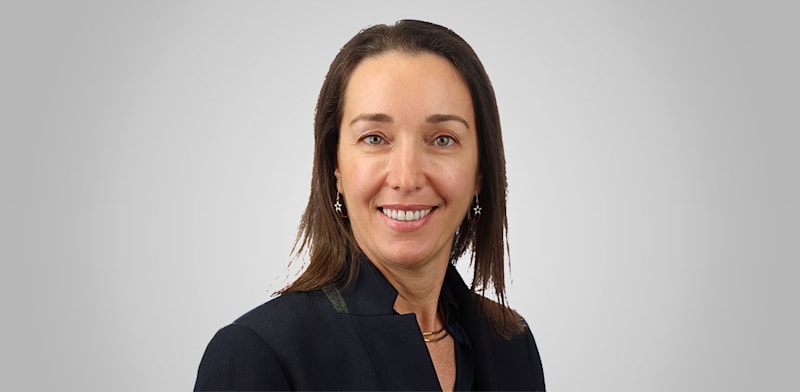Israeli late-stage biopharmaceutical company PolyPid (Nasdaq: PYPD) has reported positive Phase III trial results on its treatment for surgical infections. In 2022, PolyPid’s previous trial of the drug failed, which saw its share price fall 77% in one day and continue falling since. Yesterday the share price rose 2.75%, giving a market cap of $34.24 million.
The difference between the trials
The company’s product is a delayed-release antibiotic administered in the area where the patient has undergone surgery. PolyPid CEO Dikla Czaczkes Akselbrad explains the difference between the two trials. “The previous trial was conducted during the Covid period, and then there was greater care in protecting against infections, so it was more difficult to prove a difference between our product and the control group. In addition, we saw in the previous trial that while the difference between the control group and the trial was not significant – in one of the subgroups, the one treated after open abdominal surgeries with large incisions, the difference was significant. In agreement with the FDA, we decided to conduct a trial this time that would focus on the group with the large incisions.”
The trial was conducted on about 800 subjects, among other things to strengthen its statistical power (the larger the trial, the more likely it is that real differences will also be found to be statistically significant).
Indeed, the trial found that the product clearly met its primary endpoint (a composite measure of infections, mortality, and the need for reoperation) as well as several secondary endpoints. The reduction in the risk of infection after surgery was 58% – a difference that is both clinically and commercially significant, says Czaczkes-Axselbrad. “The product is now ready for approval and is of interest to potential partners,” she adds.
The company estimates that it will be possible to submit the product for FDA approval in early 2026. If there are no surprises, and the product receives approval based on this trial, it will probably be possible to market it next year.
Three target groups
Postoperative infections are a common complication, with rates ranging from about 2% in simple surgeries to tens of percent in complex surgeries. Infection can cause severe pain, surgical failure, disability, and even death.
RELATED ARTICLES
According to PolyPid COO Ori Warshavsky, “Doctors have become accustomed to a certain level of infections, and they see this risk as a necessary price of every surgery. It has been decades since a new technology that truly makes a difference has entered this field – until our product arrived.”
PolyPid is currently seeking a partner company to market the product, one that has experience in marketing to surgeons in hospitals in the US. According to Warshavsky, “The product will be marketed to three target groups: surgeons themselves, who are also measured by infection prevention, and if an infection occurs during a surgery they perform, they are summoned to the manager’s office; a second group is the infectious disease physicians in hospitals, whose mission is to control infections with minimal use of new antibiotics – that’s why our product is so interesting to them, because it doesn’t use a new antibiotic but a delayed-release version of a known antibiotic that has no restrictions on its use; and a third group – hospital administrators, who know that they pay for every patient who is readmitted to hospital due to an infection. The cost of an infection is estimated at an additional $20,000, which is paid by the hospital.”
For the European market, the company has already signed a marketing agreement with Advanz Pharma. The agreement was signed before the results of the failed trial were published in 2022. According to Czaczkes-Axselbrad, this agreement is continuing as usual, and the trial is also relevant to the product’s registration in Europe.
“Investors believed in us”
How did you manage to survive after the failure of the previous trial? Many companies in this situation that are traded on the stock exchange never manage to raise the capital necessary to complete another significant experiment.
Czaczkes-Axselbrad: “Those who continued to believe in us and in the importance of bringing such a product to market were Morris Kahn and his fund, Aurum Ventures. They started investing in us when the company was still private, and supported the IPO. After the trial was unsuccessful, many of the investors who had supported us until then exited the stock or did not continue to invest. It was indeed a difficult time in the market, and fortunately we had investors who believed in us.”
PolyPid was founded by Dr. Noam Emanuel and Amir Weisberg at the Xenia Ventures incubator. The company has raised about $240 million to date, in four separate funding rounds, including about $50 million since the results of the last trial were published.
Published by Globes, Israel business news – en.globes.co.il – on June 10, 2025.
© Copyright of Globes Publisher Itonut (1983) Ltd., 2025.








